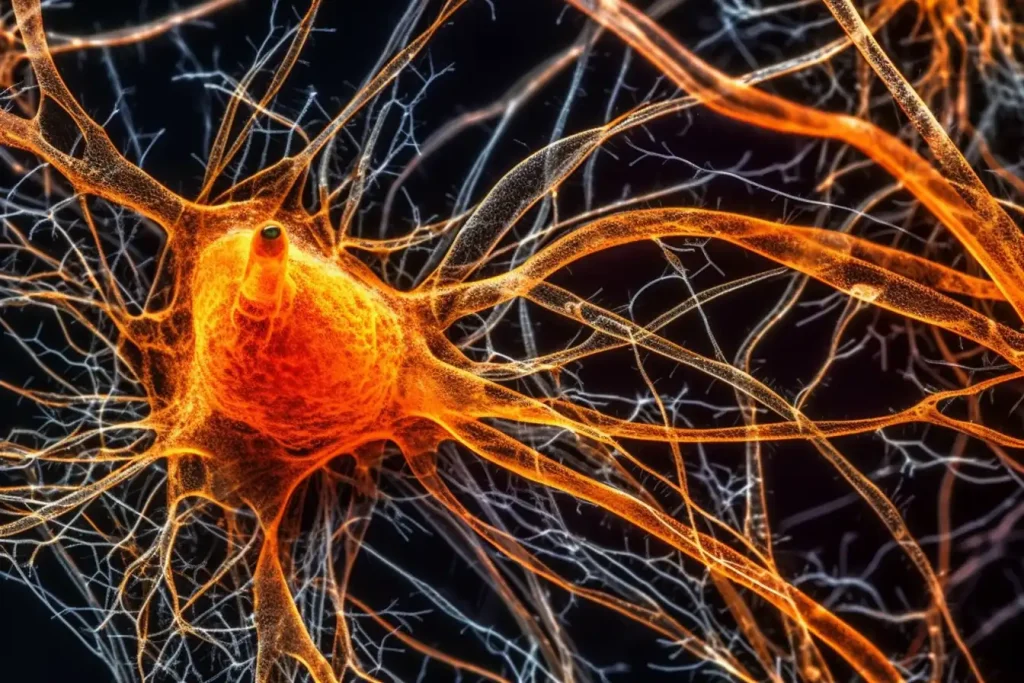Neuropathy, a condition that affects millions of people worldwide, can significantly impact quality of life. From chronic pain to numbness and tingling, its symptoms vary widely, yet they all share a common thread—physical and emotional discomfort. While traditional treatments have been the go-to for managing neuropathy, innovative therapies are shaping the future of care. This blog explores these emerging solutions and how they provide hope for individuals managing this challenging condition.
Understanding Neuropathy
Neuropathy occurs when nerves outside the brain and spinal cord (peripheral nerves) are damaged or disrupted. This damage can result from various causes, including diabetes, infections, injuries, or even side effects of chemotherapy. Its symptoms can range from mild discomfort to debilitating pain, often worsening over time if left untreated.
While neuropathy is challenging to cure entirely, understanding the condition is the first step toward effectively managing it. This knowledge empowers individuals to take charge of their health and explore treatment options with confidence.
Traditional Therapies for Neuropathy and Their Limitations
Conventional treatments for neuropathy typically include medications such as pain relievers, anti-seizure drugs, or antidepressants. Physical therapy, occupational therapy, and certain medical procedures have also been staples of neuropathy care.
However, these treatments often come with limitations:
- Temporary Relief: Many traditional options address symptoms rather than the root cause.
- Side Effects: Certain medications may lead to unwanted side effects like dizziness, fatigue, or digestive issues.
- Lack of Customization: One-size-fits-all approaches may not suit everyone, resulting in varied effectiveness.
These limitations, combined with the complexity of neuropathy, have spurred the need for new, innovative solutions.
Emerging Innovations in Neuropathy Management
Recent advancements in medical science have opened up exciting avenues for neuropathy treatment. These innovative therapies are designed to go beyond symptom management, offering more targeted and sustainable solutions:
Gene Therapy
Gene therapy is showing great potential as a solution to some forms of neuropathy. By directly altering or replacing defective genes within the nervous system, this cutting-edge treatment can address the condition at its source.
Regenerative Medicine
Stem cell therapy has emerged as a promising avenue in regenerative medicine. Stem cells can potentially regenerate damaged nerve tissues, offering long-term relief and hope for reversing neuropathy-related damage.
Neuromodulation
Techniques like transcutaneous electrical nerve stimulation (TENS) and spinal cord stimulators use gentle electrical pulses to modulate nerve activity. These methods have been found to significantly reduce pain for some patients.
A Closer Look at Non-Invasive and Alternative Therapies
For individuals seeking less invasive options, alternative therapies are gaining traction for their ability to alleviate symptoms naturally:
- Acupuncture: This traditional Chinese practice has demonstrated effectiveness in improving circulation and reducing nerve pain.
- Dietary Adjustments and Supplements: Incorporating anti-inflammatory foods and essential nutrients like omega-3 fatty acids, B vitamins, and magnesium can positively influence nerve health.
- Physical Rehabilitation: Gentle yoga and low-impact exercises can improve flexibility, strength, and nerve function while reducing stress.
- Laser Therapy: Low-level laser therapy (LLLT) stimulates cellular repair processes, potentially promoting nerve recovery.
The Future of Neuropathy Management
The field of neuropathy management is constantly evolving. Promising trends and developments, including Neuropathy Treatments in Tulsa, will likely play an essential role in shaping its future. These include advancements in personalized medicine, innovations in wearable devices that monitor nerve health in real-time, and breakthroughs in AI-driven treatment planning. Together, these exciting possibilities could redefine how neuropathy is approached, treated, and ultimately conquered.
Conclusion
The path to managing neuropathy is deeply personal and often challenging, but it is also filled with opportunity. Exploring innovative therapies, learning about advancements, and seeking expert advice are key steps to reclaiming control over your health.
